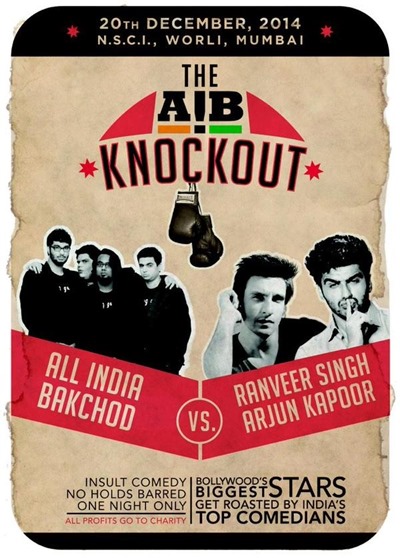
JGLS Sonepat will hold a comedy roast on its nine-month old campus radio after initially disapproving it due to “scheduling” issues.
JGLS assistant professor Abhishek Sudhir had, according to Legally India sources, proposed to insult or ‘roast’ JGLS students in a humorous manner, as is customary in this form of comedy. The roast was to be broadcasted on Jindal’s internal FM radio station.
Sudhir declined to comment when contacted by Legally India on Monday but on last Wednesday, 18 February he posted on his publicly accessible Facebook page: “No obscenity. The consent of the roastees has been obtained. Nevertheless the JGU roast has not been approved by the administration. That being said, the next conference on how the right to free speech and expression is under threat in India is going ahead as planned.”
In another Facebook post on 18 February, Sudhir wrote: “[…] The administration seems to have no problem with the #jindalroast. But some students who are self-proclaimed defenders of liberties and a so-called ‘artist’ seem to have a problem with it. This, ladies and gents, is the state of free speech and expression in India’s ‘Global Law School’ […]”.
The roast followed on the heels of the controversy caused by the roast by AIB, a group of Mumbai-based comedians, who have been dragged to court and faced criminal complaints over their obscene (but not vulgar) jokes.
JGLS vice chancellor Prof C Raj Kumar today told Legally India that the law school “will make sure” the roast happens.
He said: “There is no problem. Our campus radio does all these things. They keep on happening. The only problem I can think of is day before yesterday the governor of Haryana was visiting our campus so all of us were busy and we are doing a public policy conference which ended yesterday and it could have been purely a scheduling matter.”
“This is a far milder thing. There is much more serious stuff. We allow free debate and free thinking and free deliberation so there is no question of not allowing [the roast]. It is more a question of scheduling it at an appropriate time when people are in a position to actually watch or hear these things,” he added.
Kumar said that the administration, which funds the “student-run” radio, wants to “energise” it because its listenership was currently quite limited.
Faculty members and the administration will not be roasted during the proposed roast.
Rajkumar said: “The campus radio’s purpose is not to air grievances against the administration. It is about the big issues of our time. It’s an intellectually engaging activity. [For example] BBC shows will not have BBC journalists talking about the bad things that are happening in BBC. The purpose of the BBC radio is to talk about what is happening in the world. The larger issues. So it is a public debate. The students and the faculty have an opportunity to talk and analyse critical issues of our time. This is not a mechanism for grievance redressal. There are several channels of grievance redressal and mechanisms, including the student council, the faculty council, the faculty board and of course the regular student engagement with the faculty on different committees of the university.”
“When the campus radio proposal was submitted by the student community the purpose was to create an intellectually vibrant environment in which big issues of our time are discussed. This is not a forum for discussing the matters relating to the university. This is a forum to discuss the big issues of our time. Radio’s purpose is [talk] involving young students – students are not generally invited by the All India Radio and all these things. So this is an opportunity to hone their skills, their analytical skills, their thinking abilities, their reflective capabilities, articulation through an environment in which they can even make mistakes in that process. So that is the whole purpose of this exercise.”
threads most popular
thread most upvoted
comment newest
first oldest
first
Just cause you use yo yo's alias doesn't mean you have to become one
He is a regular contributor to the Economic and Political Weekly , India's foremost academic publication since 1949
How old is Sudhir if he is contributing since 1949 ??????
threads most popular
thread most upvoted
comment newest
first oldest
first